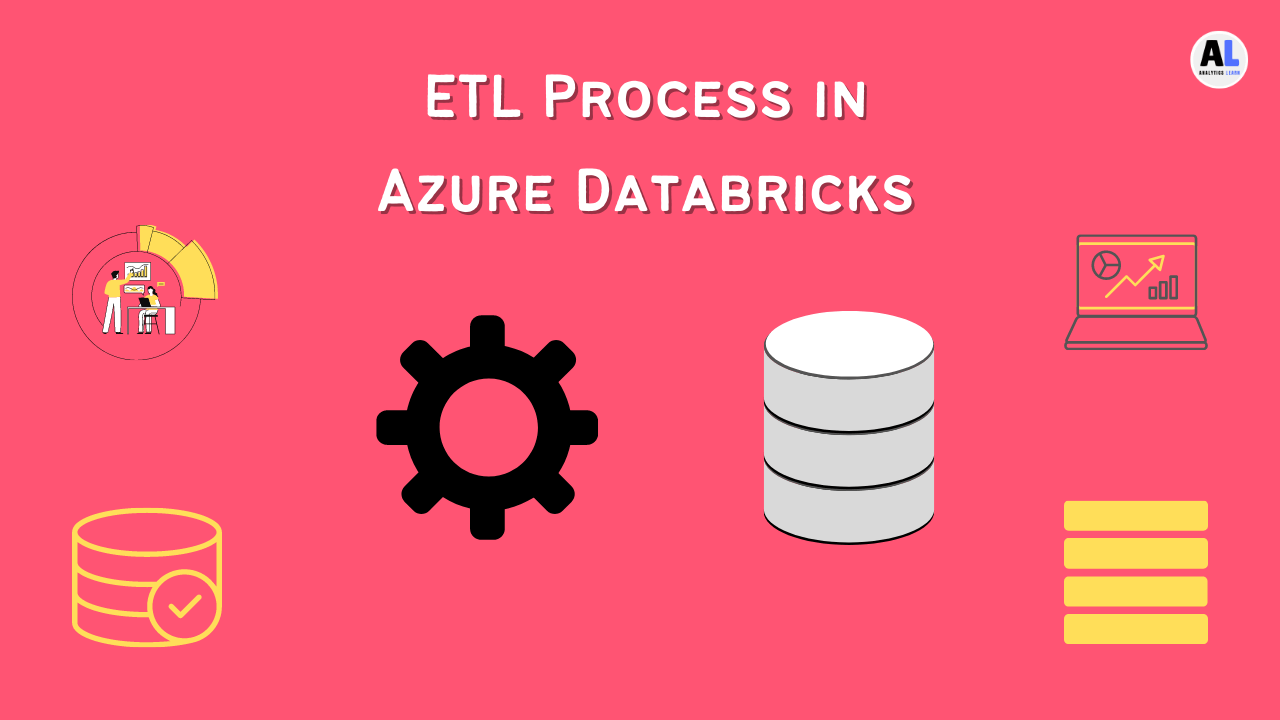In this guide, we will learn AWS Lambda Vs Azure Functions and the Difference as well as similarities between AWS Lambda and Azure Function.
In this day and age where there is a tool for every little thing you have, probably getting confused about which one to use can be really easy.
And it gets even more confusing when we try to advise someone whether should they choose Azure Functions or Amazon Lambda for their particular needs that’s why I decided to sit down and do some research on the matter.
There is a lot of buzz around AWS Lambda vs Azure Functions and for good reason. They are both great services that can help you run your applications more efficiently. But what’s the difference between them?
AWS Lambda and Azure Functions are both serverless platforms that allow you to run code without having to manage any servers. While both platforms have their advantages, Aws Lambda is a better option than Azure Functions.
What is AWS Lambda?
AWS Lambda is a computing service or virtual Server that allows you to run code without provisioning or managing servers.
You can use AWS Lambda to run code for your applications that respond to events, such as changes to data in Amazon S3, or messages from Amazon Kinesis Streams.
It is a compute service that lets you run code in response to events and automatically manage the computing resources for you, making it easy to build applications that respond quickly to new information.
AWS Lambda executes your code only when needed and scales automatically, from milliseconds to hours. This eliminates the need for provisioning servers or operating systems.
It’s an event-driven model that frees you from managing infrastructure, so you can focus on coding your application instead of managing IT infrastructure.
Related Article: How to Start your Career in AWS? – Complete Guide
What is Azure Function?
Azure Functions is a serverless platform that enables you to run small pieces of code, or functions, in the cloud.
The serverless revolution is certainly upon us, and one of the biggest cloud computing providers today, Microsoft Azure has been a big proponent.
Azure Functions can be written in a variety of languages, including JavaScript, C#, F#, Python, and PHP. You can also use Azure Functions to run PowerShell scripts.
Functions don’t require you to provision, manage and scale servers. You pay only for the time the function code is executing and for the compute resources it uses while running.
Azure Functions are triggered by events, such as an incoming HTTP request, a file being uploaded to Azure Storage, or a message being placed in an Azure queue.
Related Article: Which Service Provides Serverless Computing in Azure?
AWS Lambda Vs Azure Functions
Lambda and Azure Functions are both serverless computing services that allow you to run code without having to worry about setting up or managing a server.
- Lambda is offered by Amazon Web Services, while Azure Functions is offered by Microsoft Azure.
- Both services allow you to write code in a variety of languages, including Java, Node.js, C#, and Python.
- You can also use pre-made functions, called “blueprints,” to get started quickly.
- Lambda and Azure Functions are both very versatile services, and can be used for a variety of applications.
- You can use Lambda to process images uploaded to Amazon S3, or to handle requests from Amazon DynamoDB.
- You can use Azure Functions to power web applications, or to send notifications to Slack.
- Ultimately, the choice of which service to use will depend on your specific needs.
- Lambda is a bit more popular than Azure Functions, but Azure Functions is catching up quickly.
What are the Similarities between AWS Lambda and Azure Function?
There are a few key similarities between AWS Lambda and Azure Functions. They are both cloud-based services, meaning you can access them from anywhere in the world.
- They are also both event-driven, meaning they can be triggered by certain actions or events.
- Lastly, they are both very affordable, with Lambda costing just $0.20 per million requests and Azure Functions costing $0.10 per million requests.
- Both AWS Lambda and Azure Functions are serverless compute services that allow you to run code without having to manage a server.
- They are both event-based, meaning that your code is executed in response to an event, However, there are some key differences between the two services.
- For starters, AWS Lambda is a bit more mature than Azure Functions. It has been around since 2014, while Azure Functions was released in 2016.
- AWS Lambda also has a larger feature set, including support for more languages, triggers, and integrations.
- Another key difference is that Azure Functions is built on top of Azure Web Apps, which gives you access to features like scaling and logging.
- AWS Lambda does not have this advantage, instead relying on AWS services like EC2, ELB, and S3.
Overall, both AWS Lambda and Azure Functions are great options for running serverless code. They both have their own strengths and weaknesses, so it’s important to choose the service that best suits your needs.
What are the differences between AWS Lambda and Azure Function?
AWS Lambda and Azure Functions are both cloud-based services that allow you to run code without having to manage a server.
They are both Platform as a Service (PaaS) offerings, which means you don’t have to worry about the underlying infrastructure.
There are a few key differences between AWS Lambda and Azure Functions. Lambda is a newer service, and it is currently only available on AWS.
Functions are available on both Azure and AWS, and it has a few more features.
1. Serverless Computing
Lambda is based on the idea of ‘serverless computing’, which means that you don’t have to worry about managing any servers.
Functions are not based on this idea, and you do have to manage servers.
2. Lambda is more restrictive than Functions.
You can only run code in Lambda, and you can’t use any other services or tools.
Functions are more flexible and you can use other services and tools with it.
3. Lambda is cheaper than Functions.
Lambda charges for the amount of time your code runs, and Functions charges for the amount of time your code runs and the amount of memory you use.
Other than vertical integration, cloud computing is your choice over on-premises hosting and you prefer the pay-for-what-you-use feature of Lambda vs Azure Functions or other services.
Related Article: Which AWS Services will you use to collect and process e-commerce data for near real-time analysis?
Why is AWS Lambda better than Azure Functions?
AWS Lambda and Azure Functions are both Functions-as-a-Service (FaaS) offerings that allow you to run small bits of code in the cloud.
AWS Lambda is a bit more popular than Azure Functions, but why is that?
Here are a few reasons why AWS Lambda is better than Azure Functions:
- AWS Lambda is more popular, so there is more documentation and support available.
- AWS Lambda is more affordable, with a lower price point for smaller function executions.
- AWS Lambda has better integrations with other AWS services, making it easier to get started.
- AWS Lambda offers more flexibility in terms of language support.
Overall, AWS Lambda is a more popular and more affordable option for running Functions-as-a-Service.
It has better integrations with other AWS services, and offers more flexibility in terms of language support.
Aws Lambda is a better option than Azure Functions because it is more affordable, easier to use, and more scalable.
If you are looking for a serverless platform, AWS Lambda is the best option.
Related Article: What is Data Lakes in Azure? – Guide on Azure Data Lake
Conclusion
In conclusion, Lambda and Functions both have their pros and cons, but Lambda is generally seen as being more powerful.
I know that not everyone will agree on which platform is better, especially since both support multiple programming languages and services, so I wanted to give you my point of view.
If you are looking for a service that can help you run your applications more efficiently, Lambda is the way to go.
Related Article: Complete Guide for Developing Cloud Based Applications

Presenting the Data Engineer Team, a dedicated group of IT professionals who serve as valuable contributors to analyticslearn.com as authors. Comprising skilled data engineers, this team consists of adept technical writers specializing in various data engineering tools and technologies. Their collective mission is to foster a more skillful community for Data Engineers and learners alike. Join us as we delve into insightful content curated by this proficient team, aimed at enriching your knowledge and expertise in the realm of data engineering.










